Each generation has a unique set of spending habits, influenced by the economy, environment, and current marketing trends. Sandwiched between Baby Boomers and Gen Z, Millennials are the largest living generation, and their ethos as consumers is reshaping the market. Here are 26 things that millennials are refusing to buy.
Cereal

In their countless shapes, sizes, and textures, cereals have dominated the breakfast market for decades, but all this is changing. Millennials have swapped cereals for fruit, energy bars, or protein shakes to balance breakfast with their on-the-go lifestyle.
Office Attire

Baby boomers can remember the almost non-existent days of remote working. Most people had an office job that required them to dress for the part, but for millennials, loungewear has become the new suit and tie.
Newspapers

As a primarily digital generation, print media rarely entices millennials. Gone are the days of sitting down with a coffee and turning the physical pages of a newspaper. Preferring an environmentally friendly option, millennials have swapped paper news for digital updates.
Single-Use Items
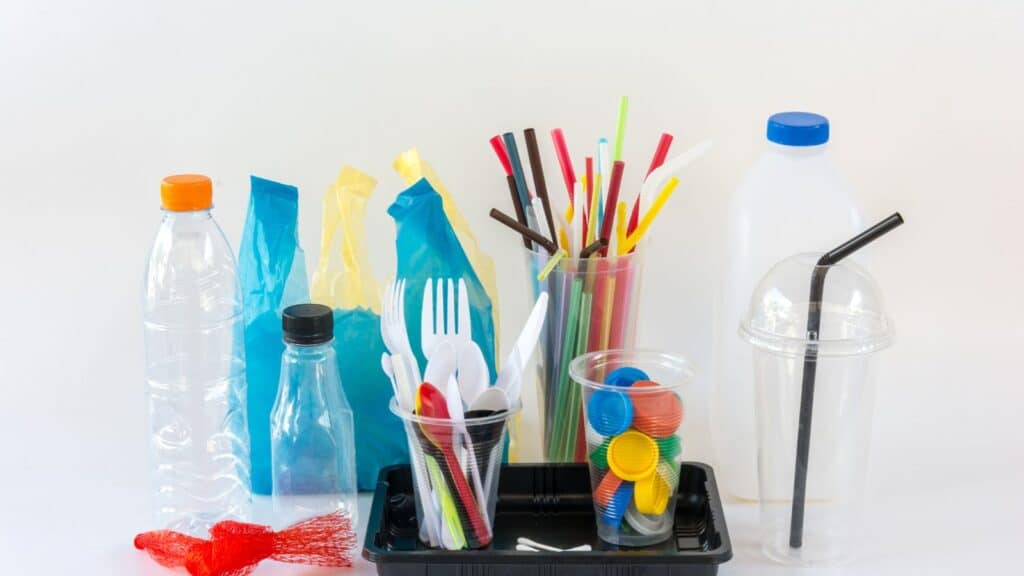
Climate anxiety is slowly killing the appeal of buying single-use items. With the planet on their conscience, millennials favor reusable items that can be used for longer while limiting their waste footprint.
Chemical-Based Cleaning Products

The chemicals found in bleach and other cleaning products are necessary to eliminate bacteria, but many millennials are buying natural products to keep their homes fresh. Many people make their cleaners from distilled vinegar and citrus to save money or opt for a green label.
Fabric Softener

Fabric softeners are losing their place in the millennial household for a number of reasons. These days, there are simply more effective detergents on the market that negate the need to buy a softener. Also, fabric softeners contain nasty chemicals that can harm the environment.
Designer Goods

Buying designer goods used to be viewed as a symbol of personal success, but times are changing. Younger generations don’t want to spend money on designer labels when there are cheaper, quality goods on the market.
Luxury Fashion

Not only are millennials more susceptible to fast fashion brands, but budget constraints normally prohibit them from buying luxury clothing. For people in their 20s and 30s, splurging on a pair of Chanel trousers seems wasteful, especially with the rising cost of living.
Cars

For previous generations, buying a car was seen as the marker of being a successful adult. But these days, public transport is better than ever, negating the need for young people to buy a car that adds to their carbon footprint.
Large Houses

It’s not that millennials refuse to buy their own homes, but rather that the economic climate prevents them from doing so. When they do buy their first homes, millennials typically choose smaller buildings to minimize maintenance costs.
Mass-Market Beer
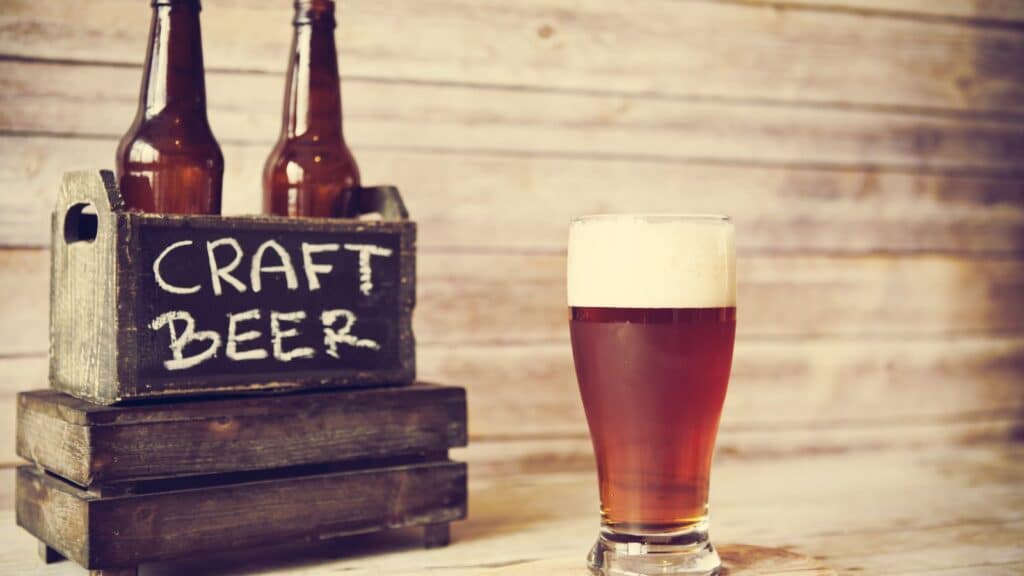
It’s not as if millennials have stopped buying beer altogether, but their pint of choice has changed. Instead of branded beers, people in their 20s and 30s are opting for craft ales and artisanal tipples.
Processed Food
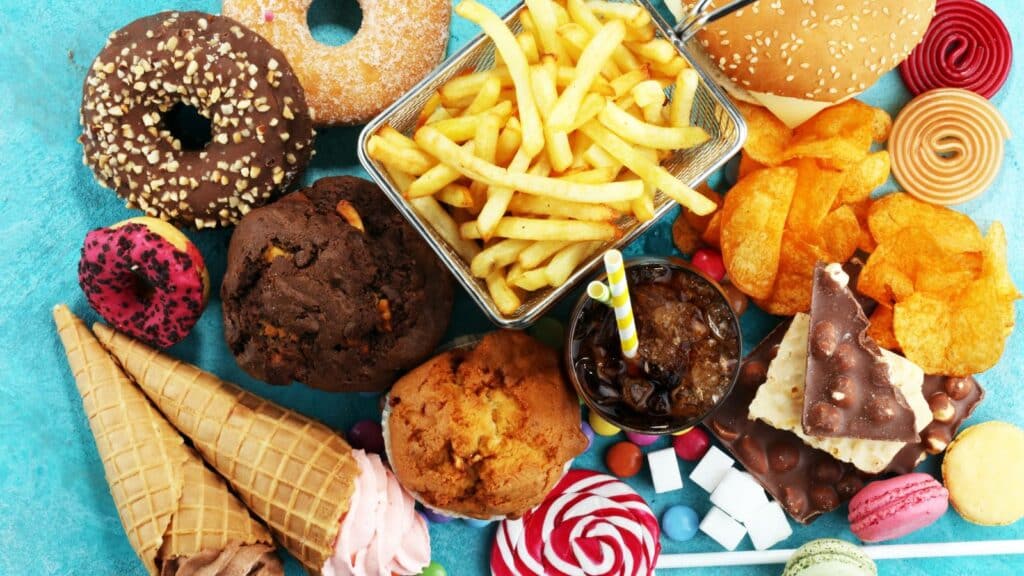
Whether it’s junk food or canned tuna, millennials are spending less money than ever on processed food. Preferring to eat clean, millennials are turning down sugary, processed foods in favor of organic meals that cultivate a healthier lifestyle.
Diamonds
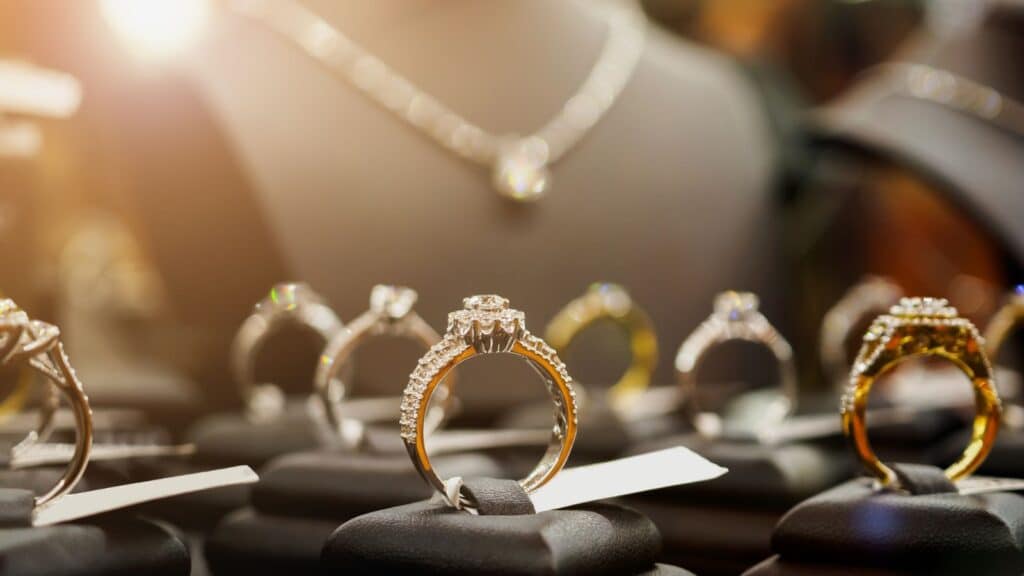
Millennials are proving that diamonds certainly aren’t forever. Now considered an outdated engagement ring choice or overly expensive, millennials are opting for cheaper stones considered to be more on-trend.
Expensive Weddings

Studies show that the average wedding cost in America is an eyewatering $33,000. With numerous additional costs to consider, it’s no wonder that millennials are ditching extravagant weddings for intimate, low-cost ceremonies.
Dairy Milk

Veganism and plant-based lifestyles are becoming the norm, especially for the eco-conscious millennial. Combine this with increasing awareness of lactose intolerance, and you have a generation who are less likely to purchase dairy milk. What’s more, many people claim that coffee with oat milk is tastier than any dairy alternative.
Bottled Water

The plastic waste crisis is unavoidable, and many feel compelled to do their bit for the planet. With an uncertain environmental future ahead of them, millennials are swapping bottled water for reusable containers and filter systems.
Cable TV
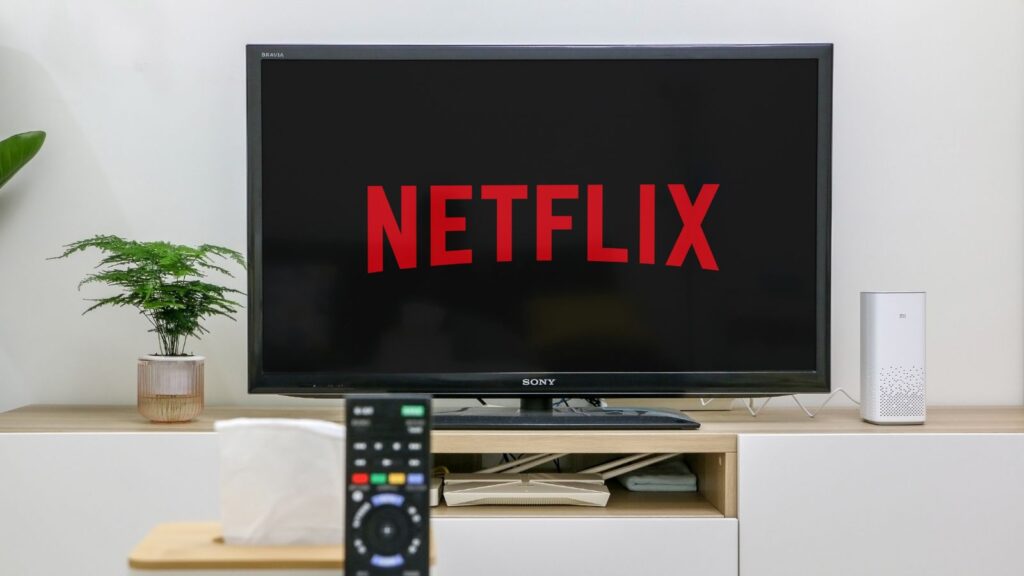
Streaming services such as Netflix and Now TV are persuading more people than ever to ditch their cable packages. For millennials, cable subscriptions seem unnecessary, with streaming goliaths providing a cheaper alternative.
Landline Phones

Surveys report that only 1 in 5 consumers still use a landline phone, suggesting that they may become a relic of the past. While still popular among baby boomers, millennials are far more likely to rely on their mobile phones rather than spend money on a landline.
Postcards
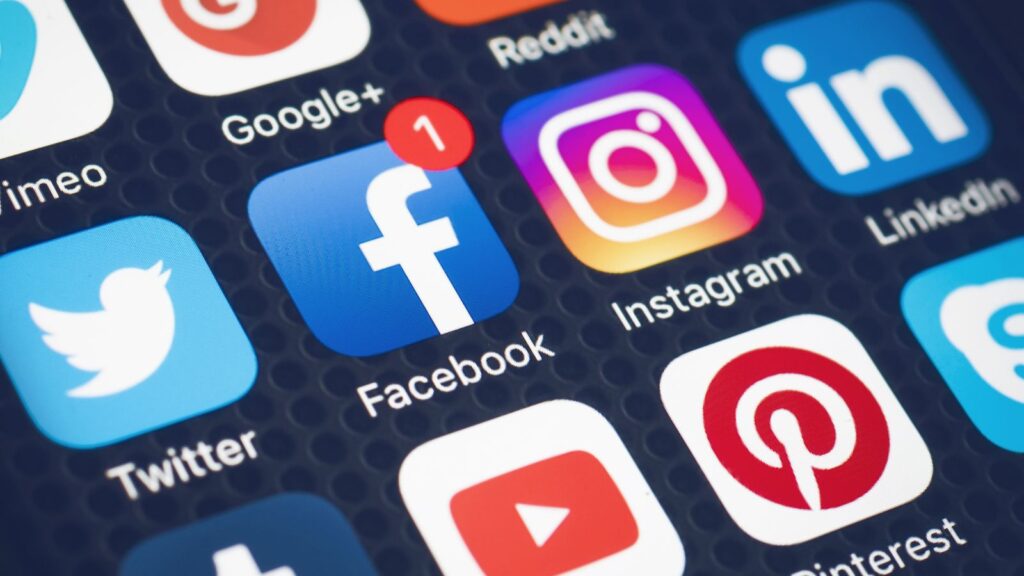
Social media platforms allow anyone on vacation to share videos and photos at the touch of a screen. As a result, postcards have taken a backseat, and are seen as an unnecessary addition to regular Instagram updates for friends and family.
Life Insurance

Refusing to buy life insurance can mean missing out on an important safety net, but that doesn’t stop millennials from delaying their purchase. With the rising cost of living and student debt to pay, life insurance can seem like a waste of money and a problem for a later date.
Traditional Banking Products

As a tech-savvy generation, millennials are less likely to pay for traditional banking products. Digital, paper-free services are easier to use on the go and are less likely to come with hidden fees.
Napkins

These traditional dining table adornments are quickly turning into relics of the past, thanks to new spending habits. Despite their practical uses, millennials are keen to ditch napkins for cheaper paper towels that serve multiple purposes.
Bars of Soap

Though a staple of their childhood bathrooms, bars of soap are becoming a purchase of the past for millennials. Studies have shown that when compared to liquid soaps, bars hold on to more bacteria and grime, eliminating them from the millennial’s shopping baskets.
Resort Holidays

Heading to an all-inclusive resort was once the most popular way to travel, and while many still enjoy this style of holiday, millennials aren’t as keen. Vacation trends have shifted towards a more authentic experience, with younger generations opting to backpack their way across a new country, staying in hostels or air bnbs.
Lottery Tickets
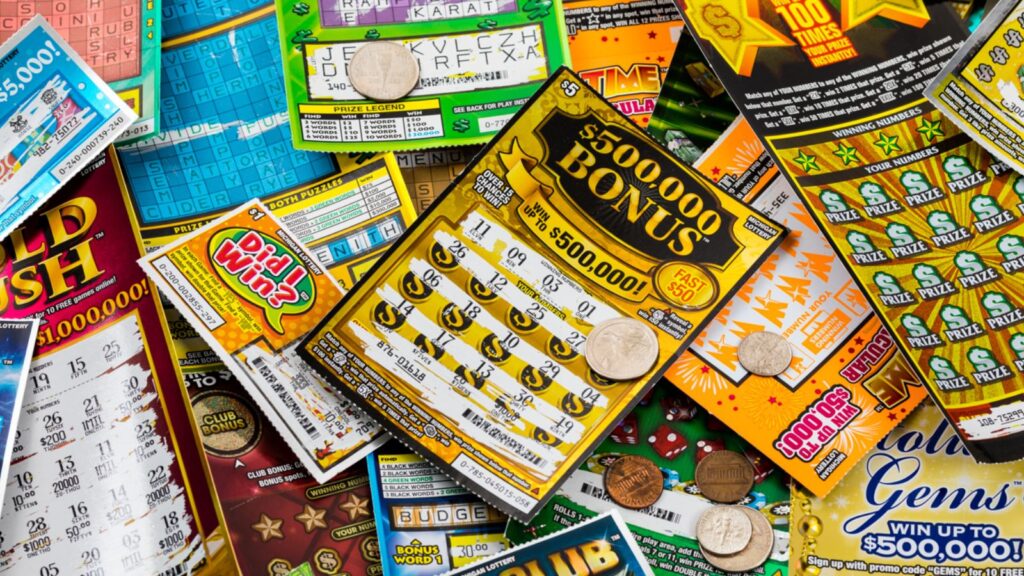
For millennials, buying lottery tickets is an outdated, unnecessary purchase. Unlike baby boomers, younger people aren’t bound to the nostalgia of entering into the lottery and are discouraged by the slim winning odds.
Dinner From a Chain Restaurant
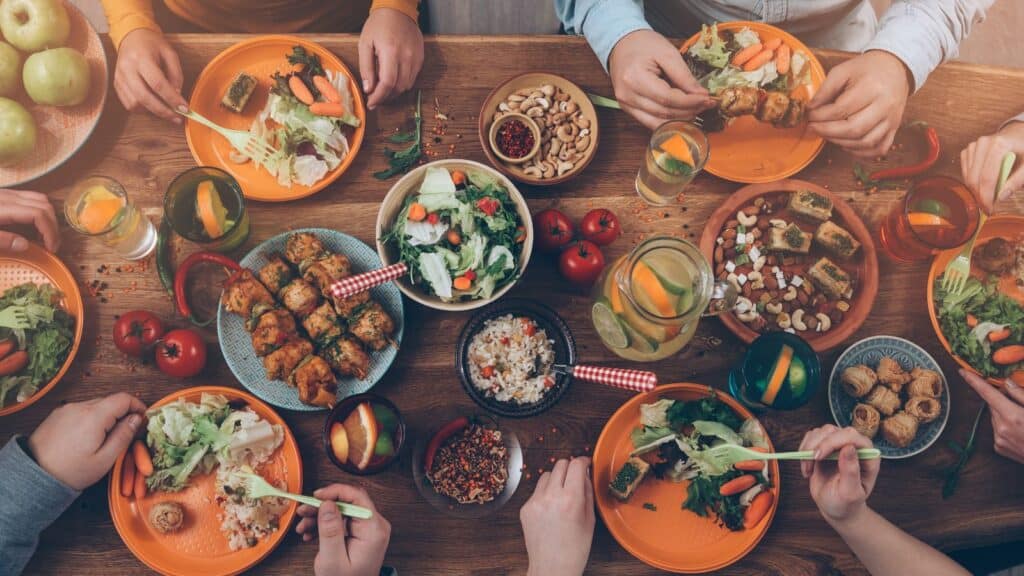
They might be reliable, cultural staples, but younger people are frequently turning their nose up at restaurant chains. Many people are keen to support local businesses and crave the unique feel of a small, ethically-run eaterie.



